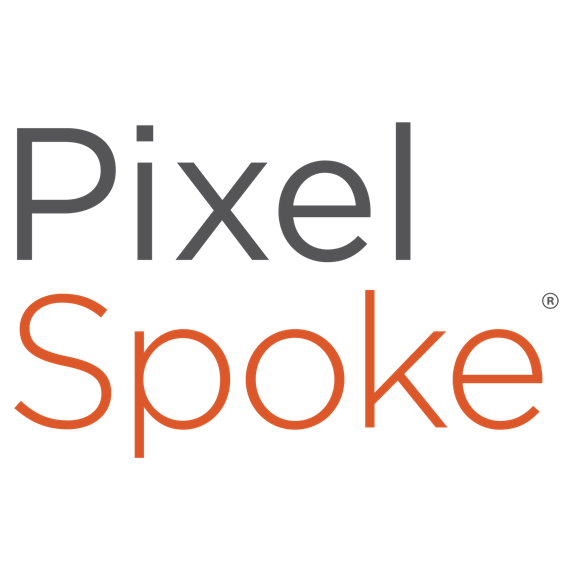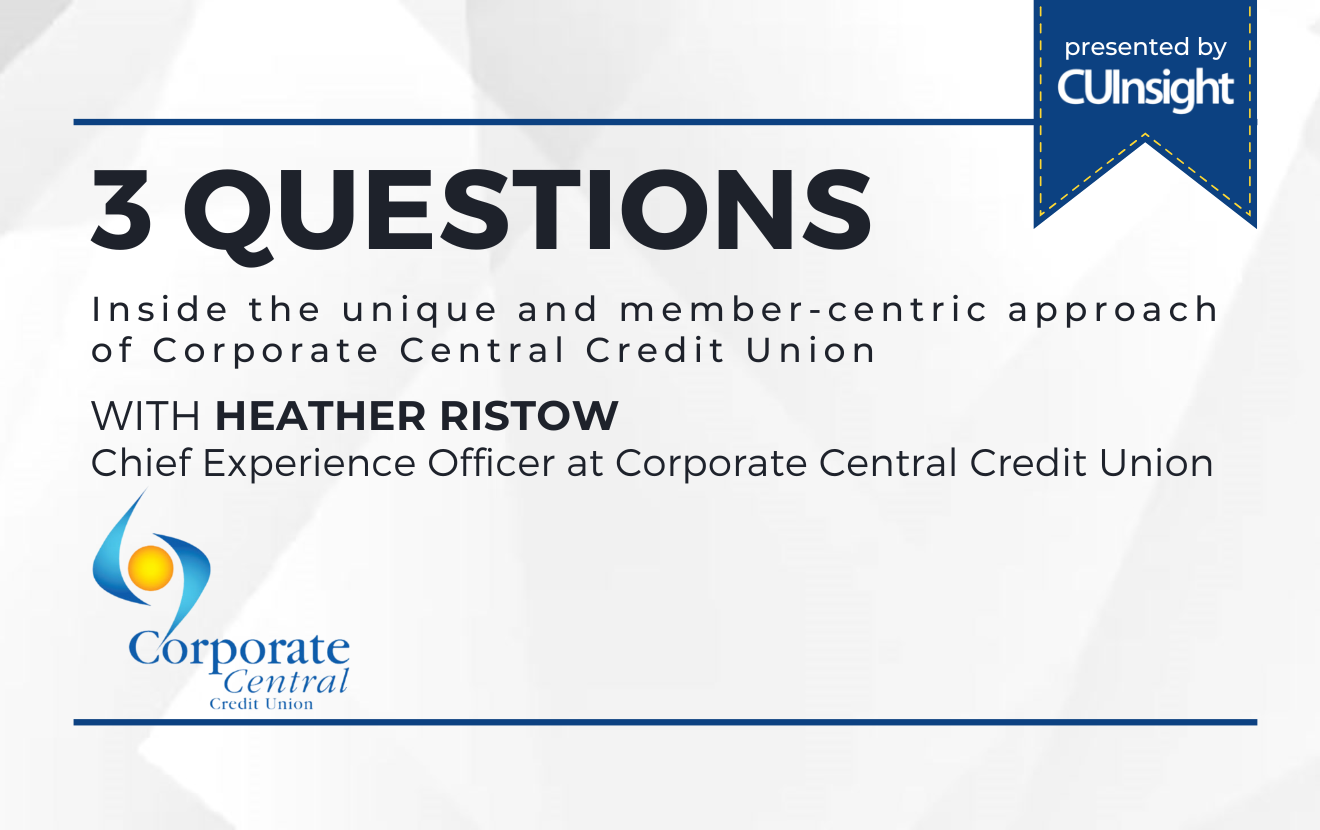As we look at the impact COVID-19 has had on our country over the past year, one thing is stunningly clear: Women in the U.S. have taken an outsized hit.
Women are not only more likely to have lost their jobs, but also more likely to have stepped down from their jobs or reduced their hours to take on the daily teacher/childcare provider juggle that so many parents find themselves navigating. And even more concerning, there’s evidence to suggest women who left the workforce during COVID will struggle to resume their careers when we finally make it to “after.”
We believe credit unions can make a difference for women in these turbulent times—andwould even go so far as to say that the system is uniquely positioned to advocate for women’s financial needs and goals.
While the “feminist credit unions” that sprouted up in the 1970s have since folded, they speak to the credit union movement’s unique history of ensuring that women, and especially women-owned businesses, were able to work toward financial independence. That’s not to mention that credit unions have a long history of employing women at every level—including the C-suite. As Jimese Harkley, VP of Membership at CUES, points out in The Remarkable Credit Union podcast, “The achievements of women in leadership at credit unions over the last decade are among the most important things we have ever done as an industry, but we risk undoing that all because of the challenges caused by COVID.”
Lastly, credit unions are mandated to create financial well-being for members. Given that women represent roughly half of all credit union members—or approximately 60 million consumers—we’ll all benefit if credit unions work harder to support women during these challenging times. And this isn’t just the right thing to do, it’s good business. Research has long found that women are “the CFO of the house,” and are typically responsible for 80% of a household’s consumer purchasing decisions. This means that women are among the most valuable members that a credit union can attract and retain.
Why has COVID been so hard on women?
A few reasons rise quickly to the top.
One comes from sociologist Jessica Calarco: “Other countries have social safety nets. The US has women.”
So, when family members got sick, childcare closed, and schools went online, women have been more likely to step in to close the gap. COVID has also more heavily affected the industries disproportionately staffed by women such as education, leisure, hospitality, domestic services and restaurants.
The loss of childcare and in-person school has hit particularly hard: As of July, one out of four women cited lack of childcare as the reason they were unemployed (nearly three times more than the rate of men). July data from the Census Bureau showed women were almost three times more likely than men not to be working due to COVID-related childcare issues. Women dropped out of the workforce at a rate quadruple that of men in September 2020 (approximately 865,000 women vs. 216,000 men).
Perhaps even more disturbing, in December, more jobs were lost by women than by the entire economy. That’s because U.S. women suffered a net loss of 156,000 jobs, while men gained 16,000 jobs, making the economy’s net loss 140,000.
Many believe these job losses will set women’s progress in the workplace back decades, if not more. According to The Center for American Progress, one study found that being out of the workforce for just one year could decrease a woman’s annual earnings by 39% compared to a woman who had not left the workforce.
Consider the long-term impact on the unemployed woman: lower levels of wage growth and lifetime income, lower Social Security earnings and lower retirement assets. Plus, there is a ripple effect on the overall economy — the decrease in maternal work hours has meant billions in lost wages. Research from the Center for American Progress put this price tag at a potential $64.5 billion annually.
Why are credit unions uniquely positioned to help women?
When it comes to employment, females have a strong credit union presence both overall and at the executive level. A report from the Filene Research Institute found that 53% of credit union CEOs and 70% of credit union employees overall are female. Those numbers certainly top other industries—for instance, as of September 2020, females represented just over 7% of CEOs at Fortune 500 companies.
It’s worth noting that there is still room for improvement in the credit union industry; the percentage of women-led credit unions drops as assets increase. Most female CEOs are at credit unions with assets below $50 million.
Of course, systemic change isn’t something any individual credit union can accomplish with great loans or a smart marketing campaign. That kind of change will require big, national policy efforts around paid family leave, affordable childcare, universal preschool and better access to healthcare. The credit union system can play its part in helping make those things happen (consider attending the virtual Governmental Affairs Conference coming up in March to add your voice).
That said, every credit union can take steps now to enact meaningful change at the local level, too. Here are some places to start.
Check in with your female members. Your credit union has likely taken steps to help members address COVID challenges—like loan payment deferrals, special loan products, and waived and reduced fees. And while each of these has undoubtedly benefited female members, have you taken additional steps to understand and meet their specific needs? A simple online survey can be a good first step to learning more and letting women know you care.
Address the childcare struggle for your own employees. This might seem like an impossible ask, but two credit unions did just that. State Employees Credit Union in Santa Fe, New Mexico opened an “education lab” at each of its eight branches and hired a tutor or monitor to oversee employees’ kids. Roswell Community Federal Credit Union turned an outbuilding into a makeshift school for employees’ children.
Meet the needs of small businesses owned and staffed by women. Education, childcare, retail, beauty, and hospitality are industries that have been among the hardest hit during the pandemic—and more likely to have a female owner and female staff. Reach out to local small business owners to see what they need most now and how your credit union can help. “Working capital” is a likely answer. Is it time to revisit your underwriting to meet their needs? Here are some other ideas for helping small businesses.
Keep connecting. We’ve discussed the power of personalized digital tools in the past and this is something credit unions must continue to prioritize as members move their finances to digital channels. But don’t overlook the power of traditional connections too—pick up the phone, drop an email or even send out a good old-fashioned snail mail greeting. In these challenging times, especially when so much happens remotely, connections are more important than ever.
Reevaluate your product mix. Ellevest, an investing platform, positions itself as being “…built by women, for women. Because the financial industry wasn’t.” Ellevest’s tools and services reflect realities such as the gender pay gap, that women are more likely than men to take breaks in their career to have/raise children—which can have an immense impact on their earning power— and that women live longer than men.
It could be easy to assume it’s no longer necessary to cast a female-centric eye on your products and services — after all, things like the banking system’s requirement (until 1974!) that women needed their father or husband to cosign a loan are, thankfully, a thing of the past. But there’s plenty of ready evidence that women continue to face unequal access to credit, which we witnessed most dramatically in the rocky rollout to the Paycheck Protection Program.
As the “she-cession” only continues to worsen, now is the time to revisit how your credit union connects with and serves your female members. The credit union industry is uniquely positioned to offer women an inclusive, equitable financial home.








